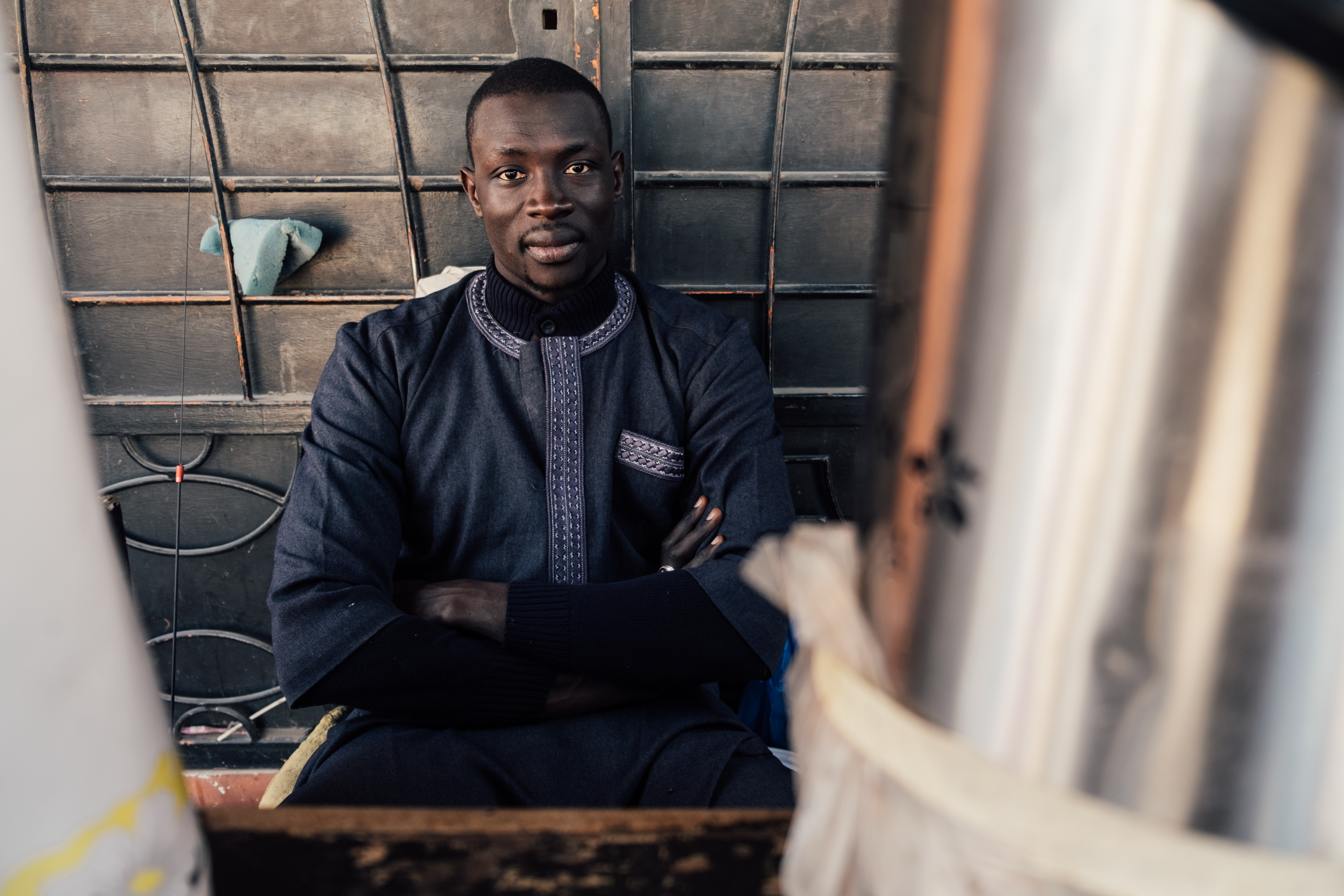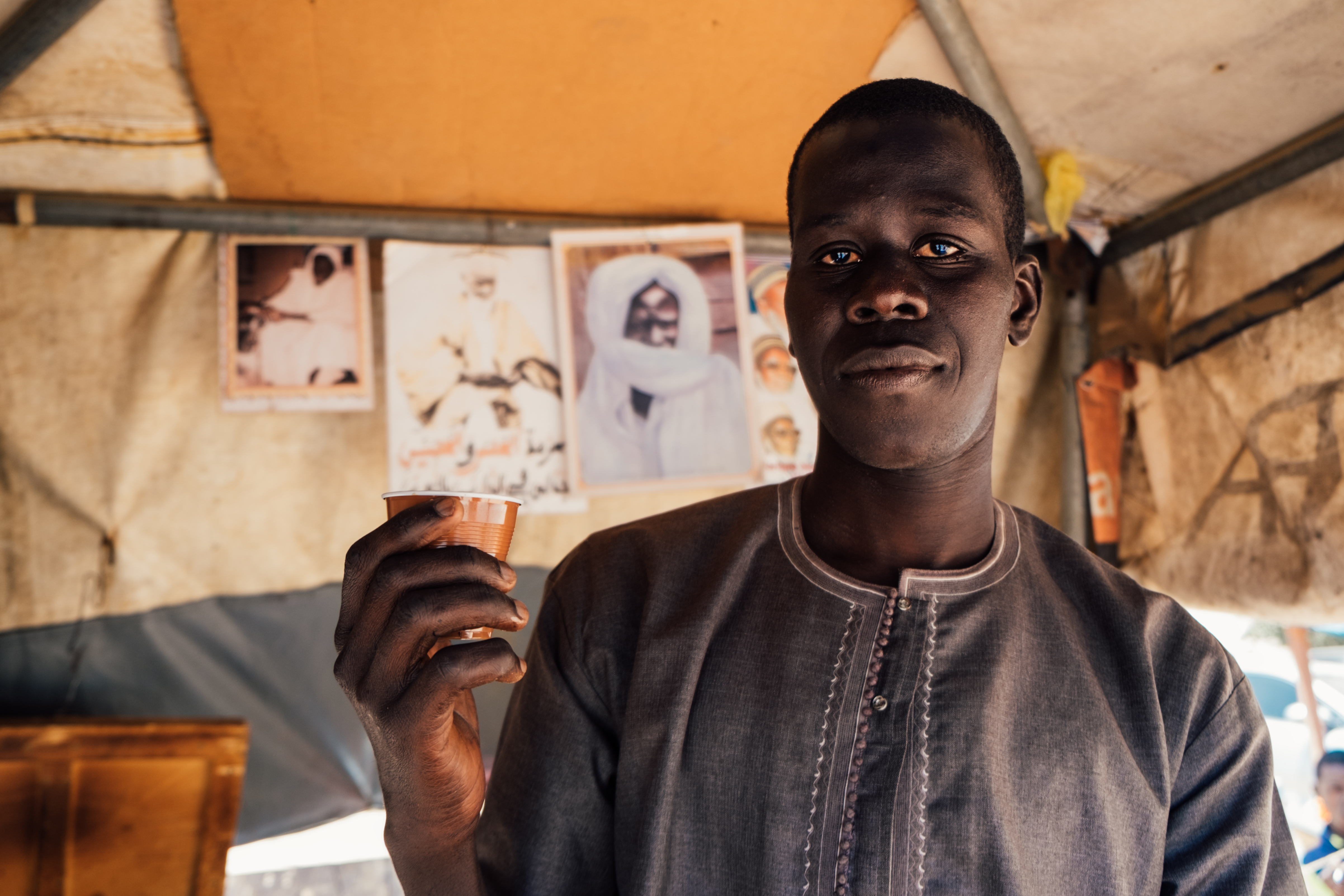
Café Touba is a blend of coffee and aromatic spices, sold primarily at coffee carts and makeshift stalls on the streets of Senegal. It was popularised at the turn of the twentieth century by Amadou Bamba, a prominent Sufi sheikh and founder of the Mouride Brotherhood.
Today, over one third of Senegal’s population follow Amadou Bamba’s teachings, with his distinctive image frequently painted on walls, hanging at the back of shops or dangling from the rear-view mirror of taxis. For some, the consumption of café Touba is an important way to connect with his spirit and express their religious devotion; for others, it is simply a cheap and tasty alternative to Nescafé.

But the story of café Touba also reveals a complex history of rural-urban migration and competing visions of globalisation. In 1887, amidst the peanut plantations of central Senegal, Amadou Bamba established Touba as the holy city of Mouridism, after which the coffee is named. Rural peasants from the surrounding countryside relocated there, drawn by the promise of a better life; by 1976, Touba’s population had grown to nearly 30,000. The liberalisation of Senegal’s economy in the 1980s, as well as the decline of its agricultural industries, meant that Mourides increasingly migrated to larger cities; first to Dakar, then elsewhere in West Africa and onwards to the rest of the world. As a result, they have since established an large transnational diaspora, with Mouride communities now found in the major cities of Western Europe and North America.
Today, whether in New York, Paris or London, a chat over a café Touba represents an important everyday ritual and symbolic connection to home.
Photographs from my ongoing café Touba project have just been published in issue 2 of Witness!, a new photography zine based in London. Check them out here!